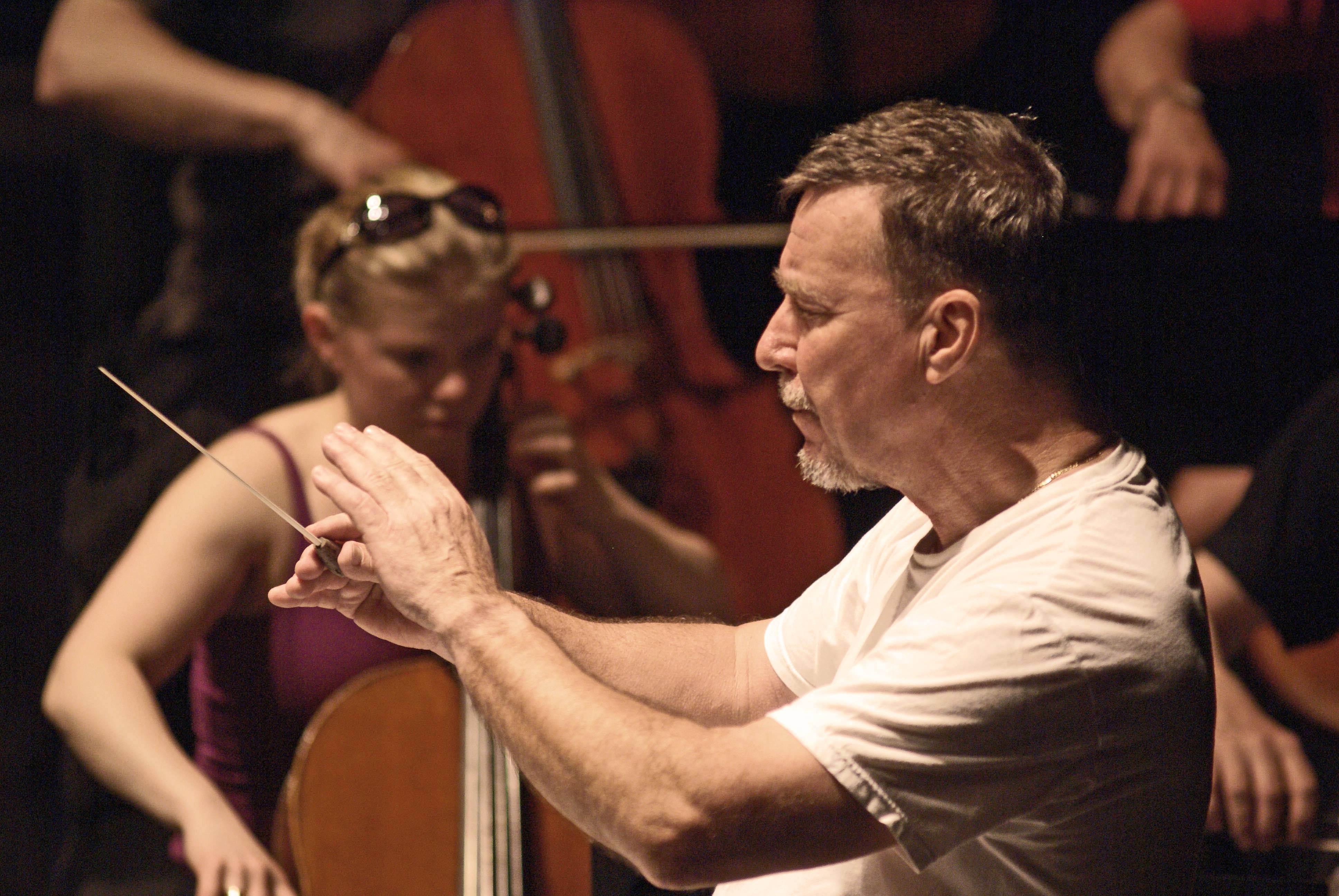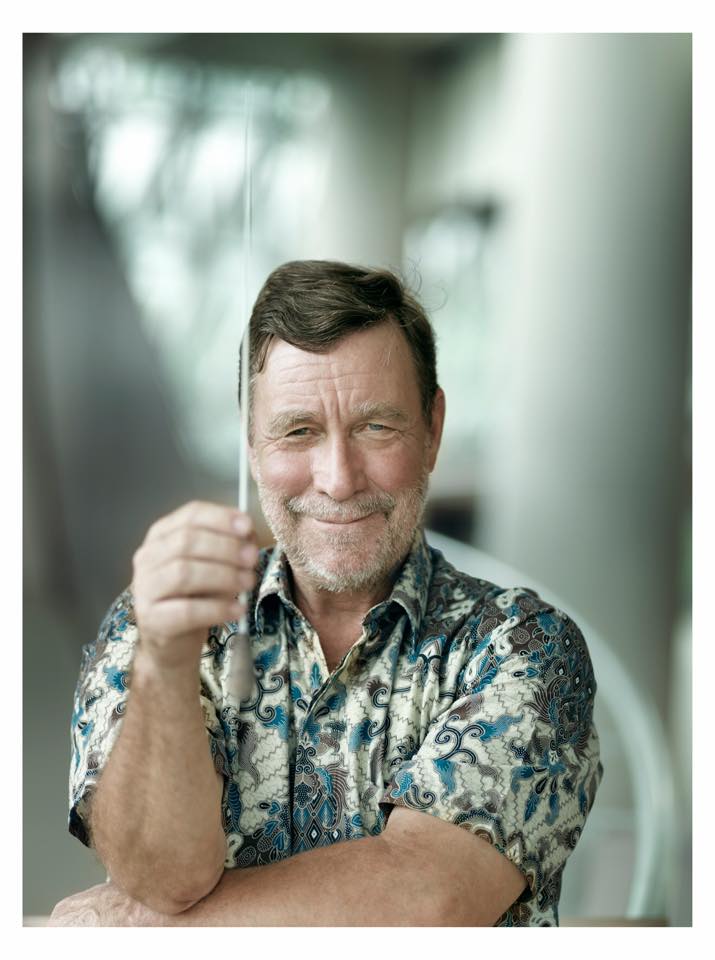
Okko Kamu is a Finnish orchestral conductor and violinist with an impressive résumé that includes conducting almost all of the world’s leading orchestras. Among those is the Singapore Symphony Orchestra in Singapore. Okko Kamu has since autumn 2011 been the Principal Conductor of the orchestra and Artistic Director of the Sibelius Festival. Here he has a contract for two weeks in the autumn and two weeks in the spring season that ends in July 2016.
Considering that Okko Tapani Kamu started his musical career with violin studies at the age of two, he is now – with his 69 years of age – what you would call an experienced gentleman. He was born into a family of musicians; where his father played double bass in the Helsinki Philharmonic and Okko Kamu has no doubt that his upbringing has had a great influence on his choice of career.
“Oh yes, my father himself had started his studies as a double bass player very late, so he decided to start early with my brother and me. I was 2 years old,” he says.
At the age of six Okko Kamu entered the Sibelius Academy, which is the highest-level music educator in Finland, where he studied the violin and piano, and at age 20 he was appointed first solo violinist at the Finnish National Opera.
He played the violin until 1969, where he – primarily self-taught – became a principal guest conductor of the Royal Swedish Opera. In the same year he won the first Herbert von Karajan Conducting Competition in Berlin. At this time Okko Kamu was 23 years old.
When asked about why he chose to conduct instead of continuing to play the violin he says: “I think that my education was quite early towards conducting. Well, my physics does not allow me to play, but I’m still able somehow to conduct.”
As an opera conductor he has performed at such venues as the Metropolitan Opera in New York, Covent Garden in London and the Bolshoi Theatre in Moscow. Furthermore he can also add an international recording career on the list of achievements, as he has made and worked on more than a hundred recordings for various companies. But when it comes to both conducting and recording, Okko Kamu has a clear favourite.
”I love the atmosphere of a live concert with an interested audience. Recording sessions is different. A recorded symphony may include a great number of cuts and inserts, which is not really my stuff,” he says.
From 1971 to 1977, he was principal conductor of the Finnish Radio Symphony Orchestra. And since then the list of conducted orchestras in which he has guest conducted is long. Most of them Scandinavian or European such as The City of Birmingham Symphony Orchestra, Copenhagen Philharmonic, the Helsingborg Symphony Orchestra, and the Lausanne Chamber Orchestra. Okko Kamu was awarded the Order of the Lion of Finland medal – which is awarded for civilian and military merit – in 1999 by the then president of Finland. The written timeline brings us back to now, where he is currently principal guest conductor of the Singapore Symphony Orchestra, and has been since 1995.
“Most of the Scandinavian orchestras have made tremendous improvement in recent years and the SSO is today among the very best ones, and a top one in Asia,” Okko Kamu answers when asked about the differences and similarities between the Scandinavian and Singaporean orchestras.
Okko Kamu is clearly an ambitious and driven musician, and it could seem like he has done all there is to do within his chosen profession. Judging from his answer to a question about whether there is still something he wish to achieve, he may agree.
“I have left these ambitions to my younger colleges,” he says.
With 67 years in the industry, and with the ambitions left for others to strive for, Okko Kamu must surely have some memorable experiences to share. But the answer to this is not what most people would predict.
“Every good concert or any performance that gives me full satisfaction is memorable. Thou, they are not extremely many of them,” Okko Kamu concludes.
Even though that might sound a little critical, maybe that is what is to be expected from a man whose job involves executing perfectionism. As a conducter he has to unify performers, set the tempo and listen critically to and shape the sound of the ensemble. And that seems to fit Okko Kamu, because when asked if there was ever another career path, he thought about pursuing, the answer is clear:
“Anything else would have been impossible.”


